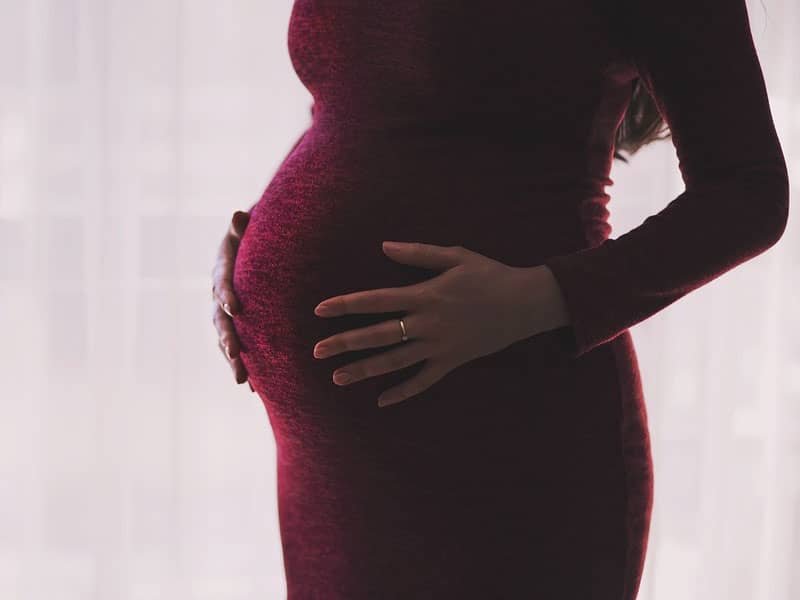I steeled myself for her angry post-Assembly outburst against all "your" stupid Jesus songs. She said "your" because I am Catholic--but not a straightforward unapologetic Catholic with a name like Patty Egan or Anna Rodriguez.
Instead, I am something more complex: My father is Hindu, a Bengali
Brahmin. My mother is a South Indian Catholic. My first name, Rupali, is
very Indian, very Bengali, just like my surname, Ghosh. But sandwiched
between all this traditional Hinduism was the hateful baptismal name I went by--Rachel--which sounded absurd to my Hindu friends. I was raised
Catholic, and my name told everyone I was different.
Among India's Hindu urban upper middle classes, there is a huge amount of
contempt for Indian Catholics, who are stereotyped as being economically
disadvantaged and generically lower caste. Catholics, especially of
mixed parentage, remain pretty much on the outer rim of society. I grew up
in an environment and a society where the bias seeped into our life at home.
My Hindu grandmother would often tell me, "When you become 18, you must go to
the Arya Samaj temple and perform the suddhi"--referring to a ritual that
reinitiates people into Hinduism. At a cocktail party thrown by one of my
father's more ostentatious and boorish friends, a gentleman well tanked with
imported Scotch told my dad: "If you had to marry a Catholic, you should
have at least married a foreigner."
Being branded "Rachel" made me a mixed outsider in the elite circle
of my upper middle class Hindu friends. Choir practice, catechism classes,
church during school hours every Friday in Lent--all these hateful
activities separated me from my Hindu friends, who were exempt from them.
There would be little barbs. "My dadu (grandfather) once said that
all Catholics in India are lower-caste people who were converted by the
British," announced one of my classmates one day. I ignored it then, but for
years, that statement would always make me feel that little-bit-less-than-equal to "thoroughbred" Hindus.
To mask my insecurity, I started being aggressively anti-Catholic. I
was still too young to rebel against my family, so Sunday Mass continued.
But I began rebelling in smaller ways at school. I'd openly declare my great
belief in Darwin's theory of evolution. (Though the Vatican never officially denounced evolution, my school's nuns stuck with the Adam and Eve story.) Once I debated the subject so hotly during catechism class that
the enraged Irish nun in charge of us labeled me "the devil's agent." That
thrilled me no end and earned me several valuable brownie points with my
Hindu friends. Suddenly, I graduated from being just another stupid,
brainwashed, converted Catholic girl.
Once I reached college, I dropped the name Rachel. I refused to use
it on any ID. I joined a co-educational college run by Jesuit priests
(Christians have a near-total monopoly on India's best educational
institutions) but kept my Catholic half a closely guarded secret. I would
not attend the mandatory ethics class for Catholics and stayed away from the
Catholic students' union.
My first year in college was also the year I stopped attending the
Corpus Christi procession, an annual event in Calcutta, where Catholics from
all over the city congregate for the huge procession. It is one of the
community's most public appearances. "I am not going for that monkey dance
with all those tribal Catholics," I told my sisters, referring derogatively to the large numbers of Catholics who came in from the suburbs and rural villages for the festival. I would often make disparaging remarks about tribal Catholics in public (they were the low-caste converts, I
wasn't).
When I began my first job as a journalist in Calcutta, I dropped
every trace of my Catholic identity. I made it a point to become Mother
Teresa's most vocal critic (this despite the fact that some strange impulse
led me, for a couple of months, to become a volunteer at her home for the
dying), just in case anyone thought I had Catholic affiliations. Around that
time, I got involved with a Hindu colleague, and all my Sunday church
morality came unstuck. Suddenly, French kissing didn't mean having to go
guilt-ridden to confession on Saturday evening, get down on my knees and
say, "Bless me, Father, for I have sinned..."
I have been working for five years now. For three of those years, I
did not see the inside of a church. Then several things happened: The
guilt-free relationship disintegrated, and my 5-year-old cousin died,
suddenly, inexplicably, of some kind of infection. I also lost my Hindu
grandmother, a close and trusted friend, despite her feelings about my
Catholic upbringing. I started to feel the urgent need for an anchor.
A few months ago, I hesitantly re-entered my parish church to test
the waters. A Hindu friend, on hearing of my visit, wryly commented, "It's a
case of old habits dying hard." Maybe. Or it could simply be a case of
growing up, feeling more conviction about who I am and what my roots are.
Even if that means accepting low-caste ancestors who were converted by the
British.
I am still confused, or maybe a bit rebellious. I haven't yet been able to
go back to the once-a-week church routine. But I do go every three or four
weeks, and it gives me a feeling of security and balance. I sense my own
ambivalence--my Catholic name still doesn't appear on my passport--but there
may be a time when I'll find I want it there.

